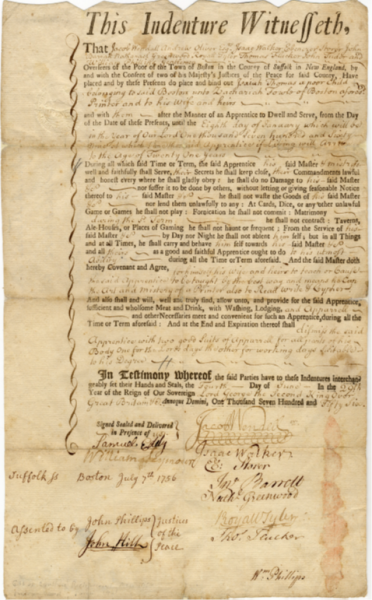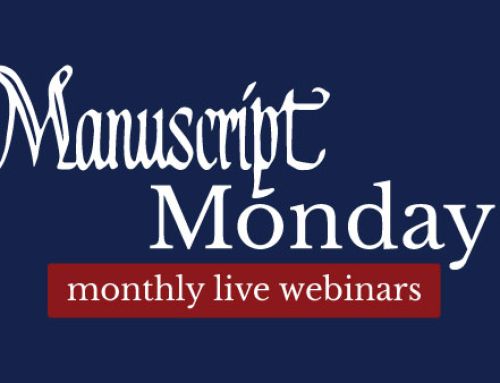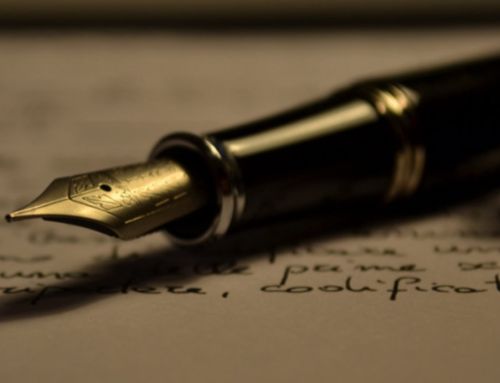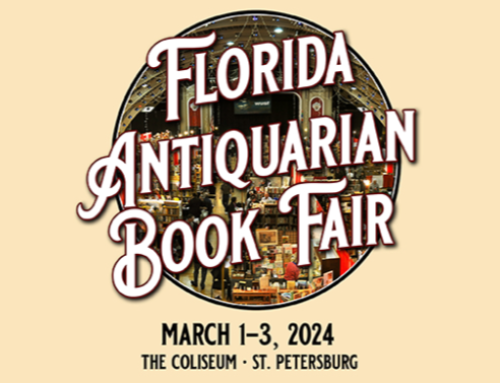
AAS founder Isaiah Thomas’s original indenture as a “poor child” age 7 to printer Zechariah Fowle
Virtual Visit American Antiquarian Society
Worcester, Massachusetts • www.americanantiquarian.org
Come along for a virtual visit to the American Antiquarian Society. During the Manuscript Society’s 2019 annual meeting, Curator of Manuscripts Ashley Cataldo helped host our tour. Now she shows us around the online collections.
What is the focus of your collections?
The American Antiquarian Society was founded in 1812 by Revolutionary Era printer and publisher Isaiah Thomas. Because Thomas was a printer, AAS has long focused on collecting the printed word. More specifically, we collect books, pamphlets, newspapers, and prints produced before 1877 in what became the United States. AAS also has significant collections of manuscript material. Among them are one of the best collections of manuscript New England diaries and account books and papers of early New Englanders and businesses, such as the first record book of the Council for New England. In addition we have a large collection of book trades material, including the business papers of Philadelphia publisher Mathew Carey. While AAS primarily collects New England manuscripts through 1877, we collect on a national scale when it comes to material on the history of printing, publishing, bookselling, and allied trades.
What collections would be of special interest to Manuscript Society members?
We were fortunate to be one of the institutions the Manuscript Society visited during its annual meeting in 2019. On that occasion we showed some of our early diaries including a 17th-century whaling journal. We also included a letter written by Frederick Douglass when he was forced to flee after the raid on Harpers Ferry, manuscript newspapers, music manuscripts, and more. AAS is known for collecting manuscripts that reveal the everyday lives of early Americans. We have millions of individual items that would fascinate anyone interested in collecting or studying early American manuscripts.
What are some of the most frequently researched collections?
Our most frequently researched manuscript collections reflect a range of scholarship interests. The Chase Family Papers contain the letters and diaries of two sisters who taught in freedmen’s schools in southern states. The Brown Family Papers is one of our few collections with material from a Black family in central Massachusetts. The diaries of Ebenezer Parkman, a central Massachusetts minister, record his daily recollections for almost 60 years. The Mather Family Papers date back to the early 17th century and are complemented by the family’s library, a significant portion of which is owned by AAS.
Are there recent acquisitions of special note?
The American Antiquarian Society actively purchases in all departments, but we have acquired some significant material for manuscripts over the past year. AAS has pledged to spend a certain portion of our acquisitions budget on BIPOC (Black, Indigenous, and people of color) material. We have been able to buy a collection of papers related to a Black man who fought in the French and Indian War and settled with his soldier’s pension in Grafton, Massachusetts; accounts of the guardian of the native Nipmucs, a Native American people, in Dudley, Massachusetts; and a single document revealing that an enslaved man was traded for a new carriage in early 18th-century Boston.
What collection materials are digitized and available for free access online?
Although we have digitized many collections, only a small portion have been scanned. We suggest visiting www.americanantiquarian.org/digital-resources to view our various online inventories, links to our digital image database, and also links to subscription databases to which AAS has contributed. But ultimately, the best way to see our manuscripts will be to visit AAS!
What exhibits are currently online or planned for later this year?
AAS does not have a dedicated exhibition space. Most of the building in Worcester is devoted to collections storage and the reading room. But we do regularly create web exhibitions. A list may be found at www.americanantiquarian.org/exhibitions.
What virtual events are on your calendar for spring and summer?
For Manuscript Society members interested in textual and documentary editing, AAS has a free virtual conference coming up in May to celebrate our involvement with the edition of James Fenimore Cooper’s works from the Committee for Scholarly Editions. A group of distinguished textual and documentary editors, professors who have used scholarly editions in the classroom, and others will discuss the past, present, and future of the scholarly editions. We also have a host of virtual book talks, public programs, workshops, and webinars. Visit www.americanantiquarian.org/programs-events for the full schedule.
Do you have publications for sale that might be of interest to Manuscript Society members?
Those who are interested in AAS’s publications should visit www.americanantiquarian.org/publications to view our digitized Proceedings. They date back to 1813. Visitors also will find links to purchase exhibition catalogs, including one for our recent New-York Historical Society exhibition Paul Revere: Beyond Midnight. Additionally, there is information about purchasing bibliographies and volumes from the History of the Book in America series.
What plans does AAS have for reopening after the pandemic?
We are following developments on the national and local scenes closely. At present we are investigating the possibility of reopening to the general public in fall 2021, but those plans are subject to federal and state regulations and AAS’s own ability to keep staff and researchers safe.
Whom should members contact to plan a visit or submit research questions?
AAS has five curatorial departments. We suggest contacting the relevant curators for questions related to their departments:
Elizabeth Pope, Curator of Books, epope@mwa.org
Lauren Hewes, Curator of Graphic Arts, lhewes@mwa.org
Ashley Cataldo, Curator of Manuscripts, acataldo@mwa.org
Laura Wasowicz, Curator of Children’s Literature, lwasowicz@mwa.org
Vincent Golden, Curator of Newspapers and Periodicals, vgolden@mwa.org
For general reference questions, the best contact is Head of Readers’ Services Kimberly Toney, ktoney@mwa.org.




Leave A Comment